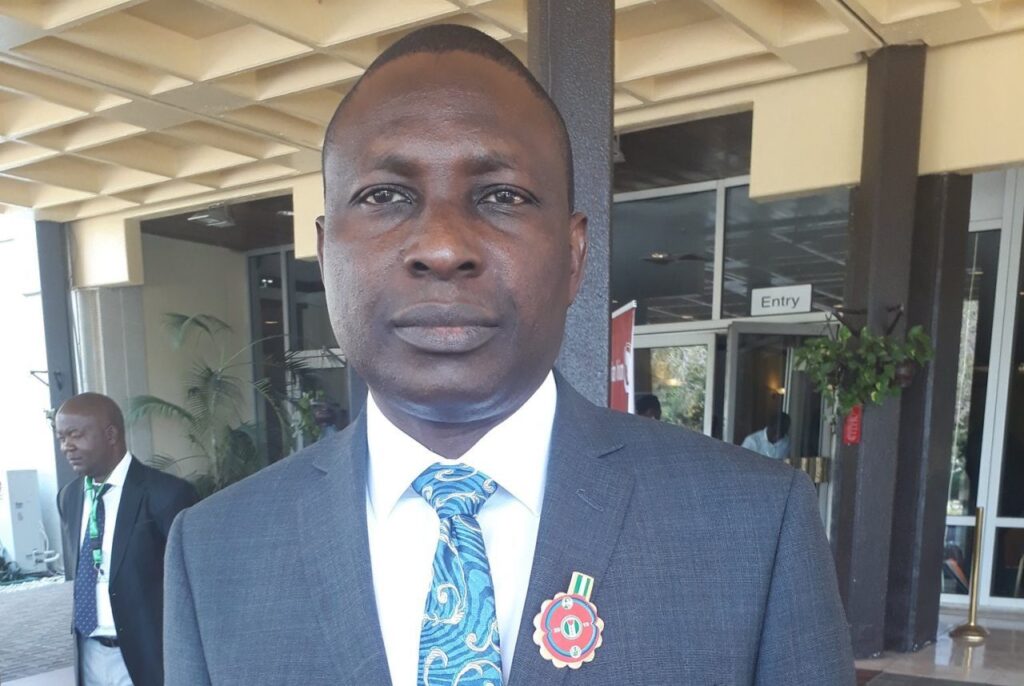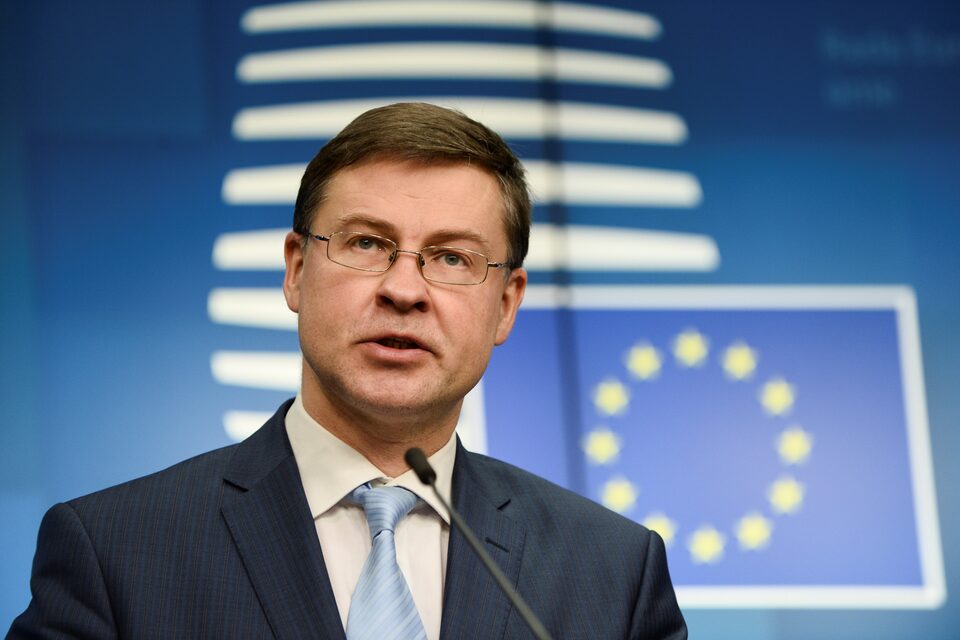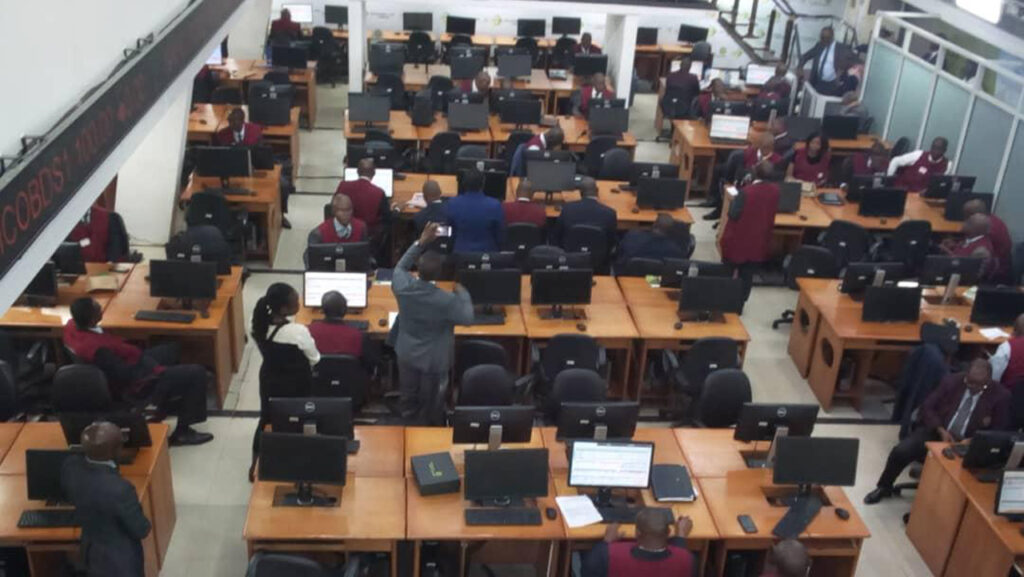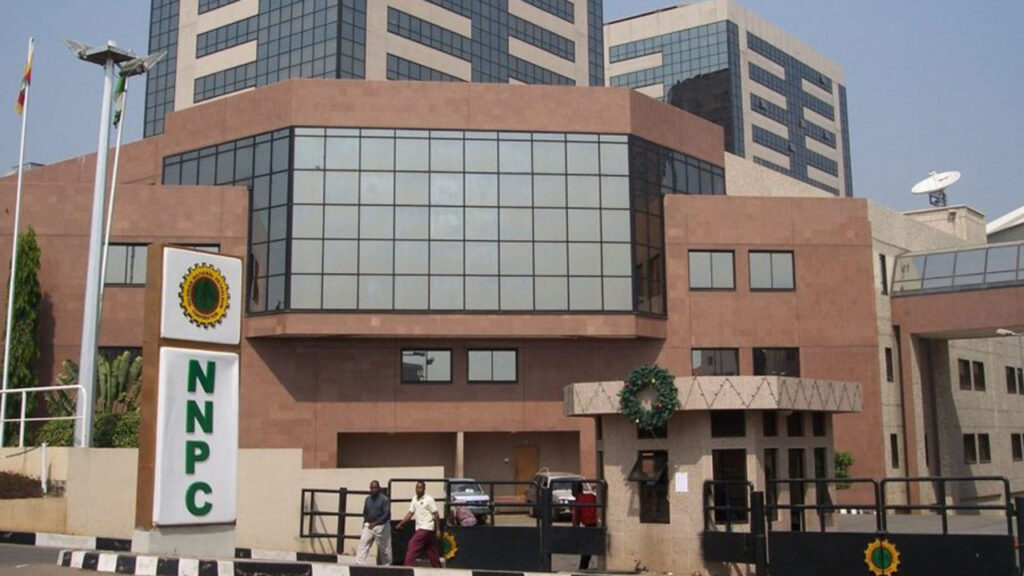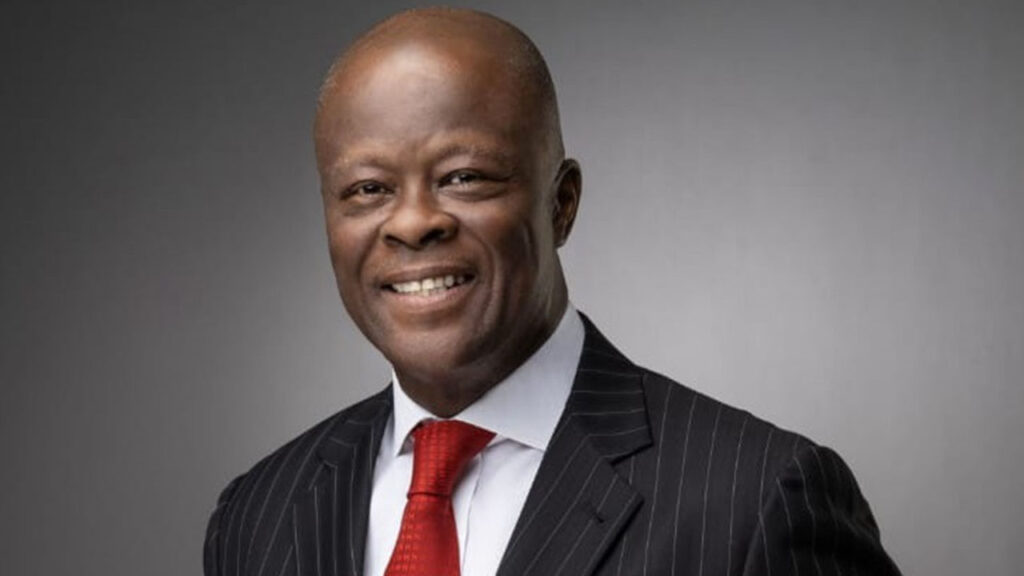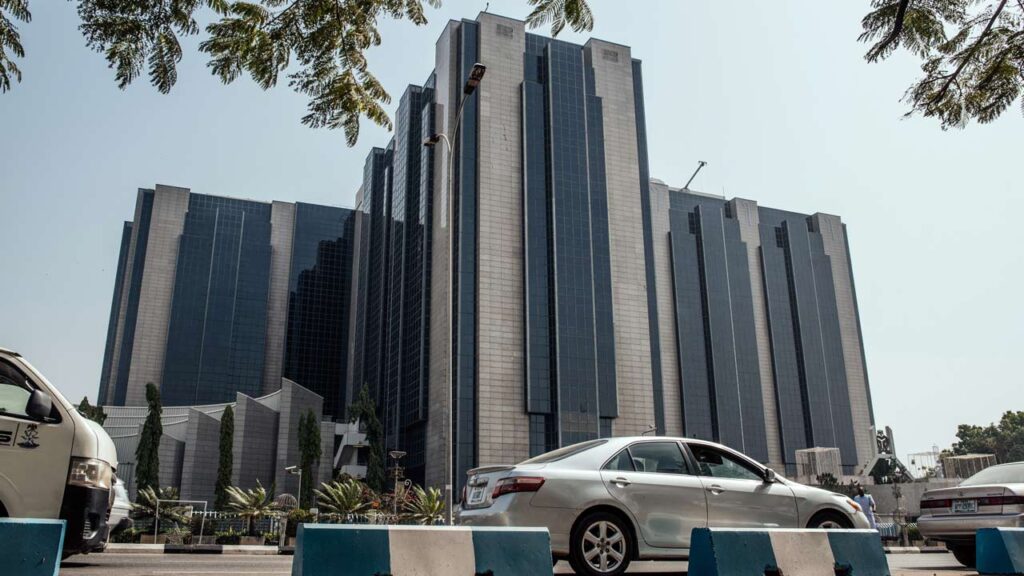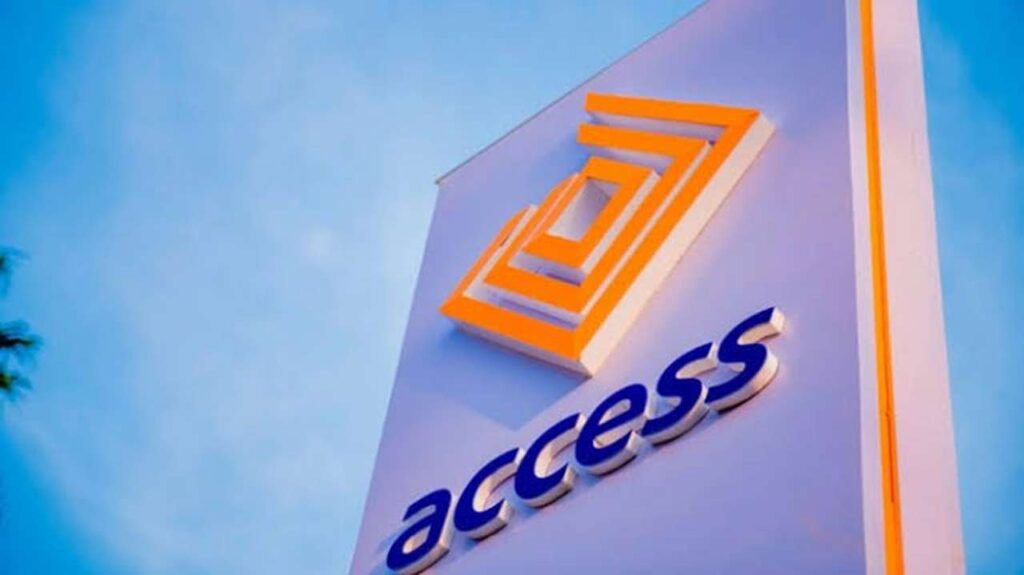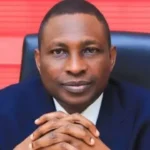
The Economic and Financial Crimes Commission, (EFCC) and the Nigeria Deposit Insurance Corporation, (NDIC) have strengthened collaboration to promote transparency in the banking sector.
The Executive Chairman of the EFCC, Ola Olukoyede, speaking during a courtesy visit by NDIC, enjoined the corporation to keep closer watch on banks across the country to avoid failure and its attendant unsavoury effects on the economy.
Olukoyede linked bank failure to economic and financial crimes, imploring the NDIC and the Central Bank of Nigeria (CBN) to continue to beam searchlights on banks to strengthen them against liquidation.
“There is a nexus between criminal activities and liquidation of banks. When they don’t play by the rules, you discover that ultimately the banks will fold up.So, you have a very critical role to play to avoid bank failure. We are ready to support you, we are ready to collaborate with you in any capacity to achieve this,” he said.
He described the NDIC as a critical partner and vital agent in the fight against economic and financial crimes, pointing out that the corporation had considerable strength to deepen and strengthen growth of the economy.
Olukoyede pledged deeper collaboration of the EFCC with the Corporation, maintaining that the two agencies have wider areas of relevance to the development of the nation.
Speaking on the mandate of NDIC, the Managing Director and Chief Executive Officer of the corporation, Bello Hassan, said the corporation is one of the safety nets in the financial services industry, stressing that the EFCC is one of its critical stakeholders in the attainment of its objectives.
“The mandate of NDIC includes bank supervision, liquidation of licensed deposit -taking institutions.
In addition to that, NDIC has the mandate to root out those responsible for failure of those institutions to account and that is why we recognize EFCC as one of our critical stakeholders in the journey towards the attainment of our objective,” he said.
He called for stronger collaboration with the EFCC, maintaining that the Commission has always been of tremendous help to the NDIC. He appealed that recoveries made by the EFCC for the NDIC should be directly returned to the Corporation and not into government’s covers.
However, Olukoyede explained that courts usually determine the destination of recoveries. “NDIC can always apply to the government for any recovery if it is not paid directly into its account,” he said.

